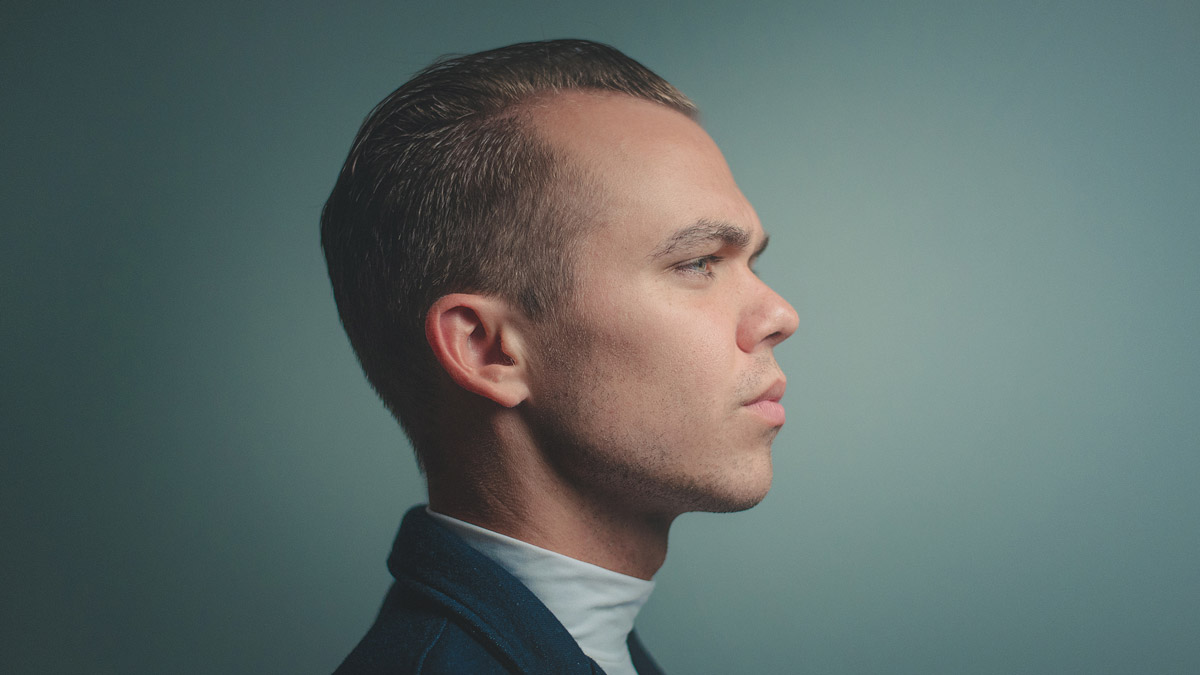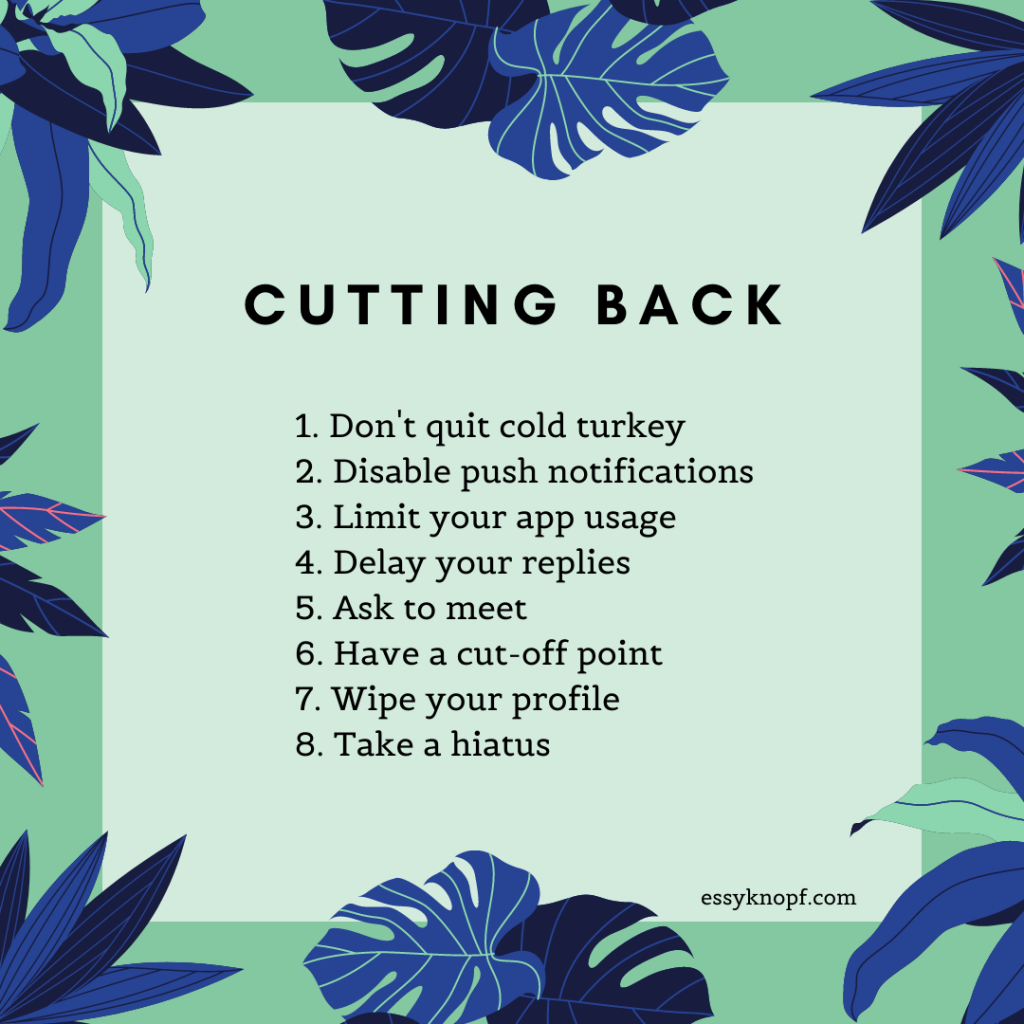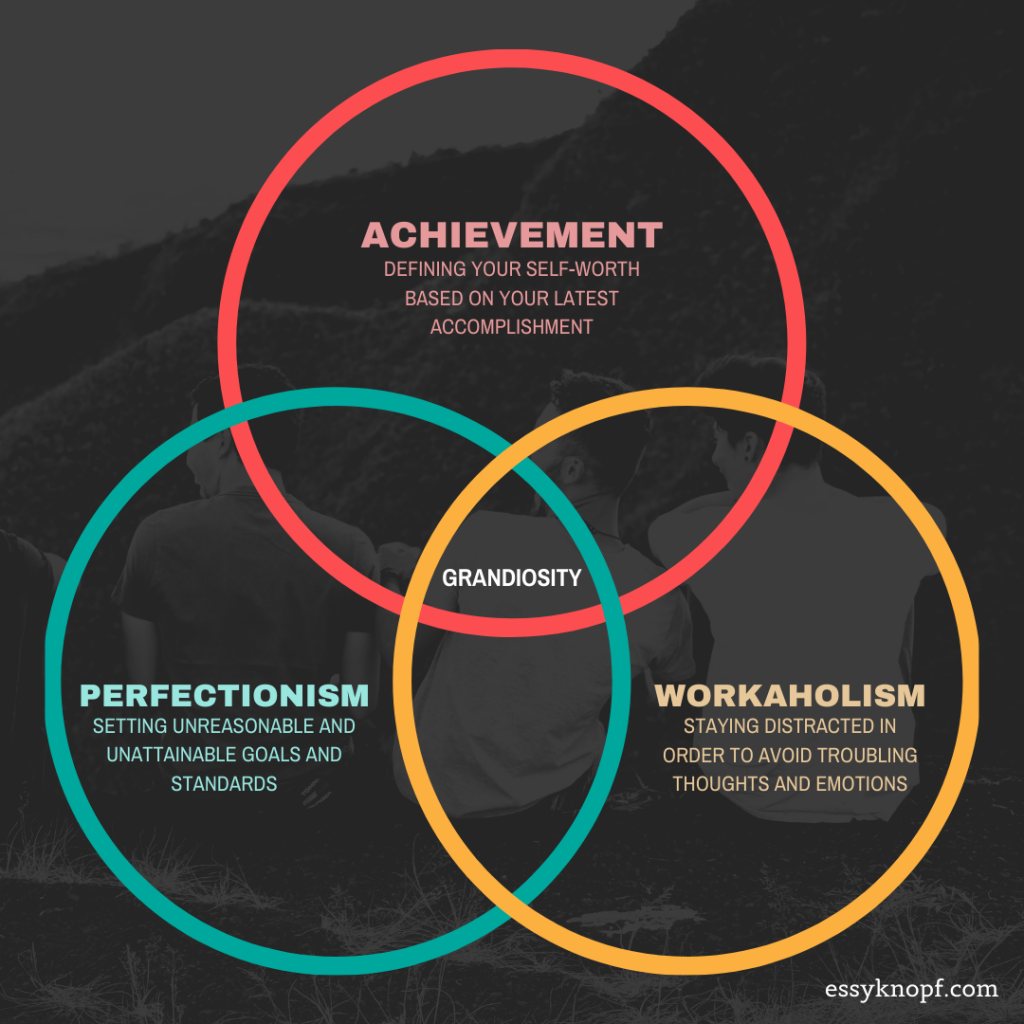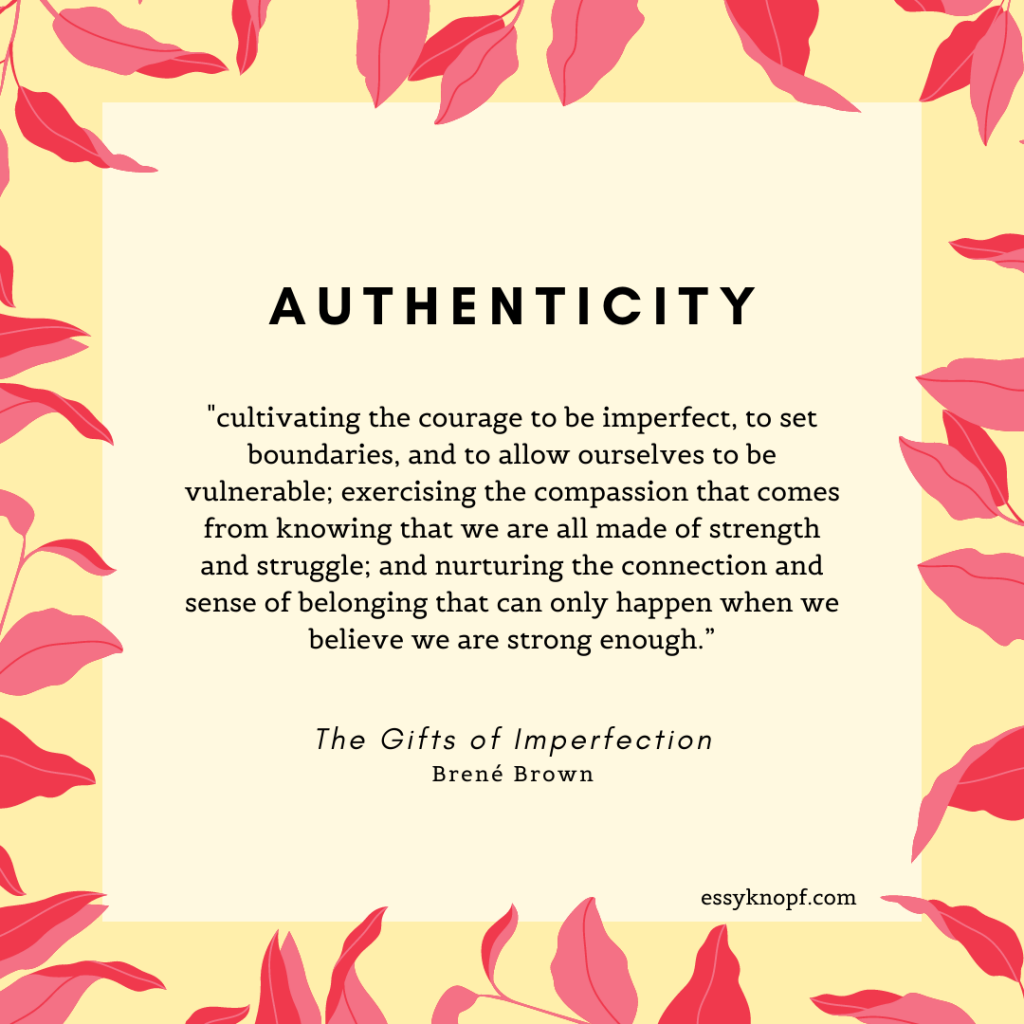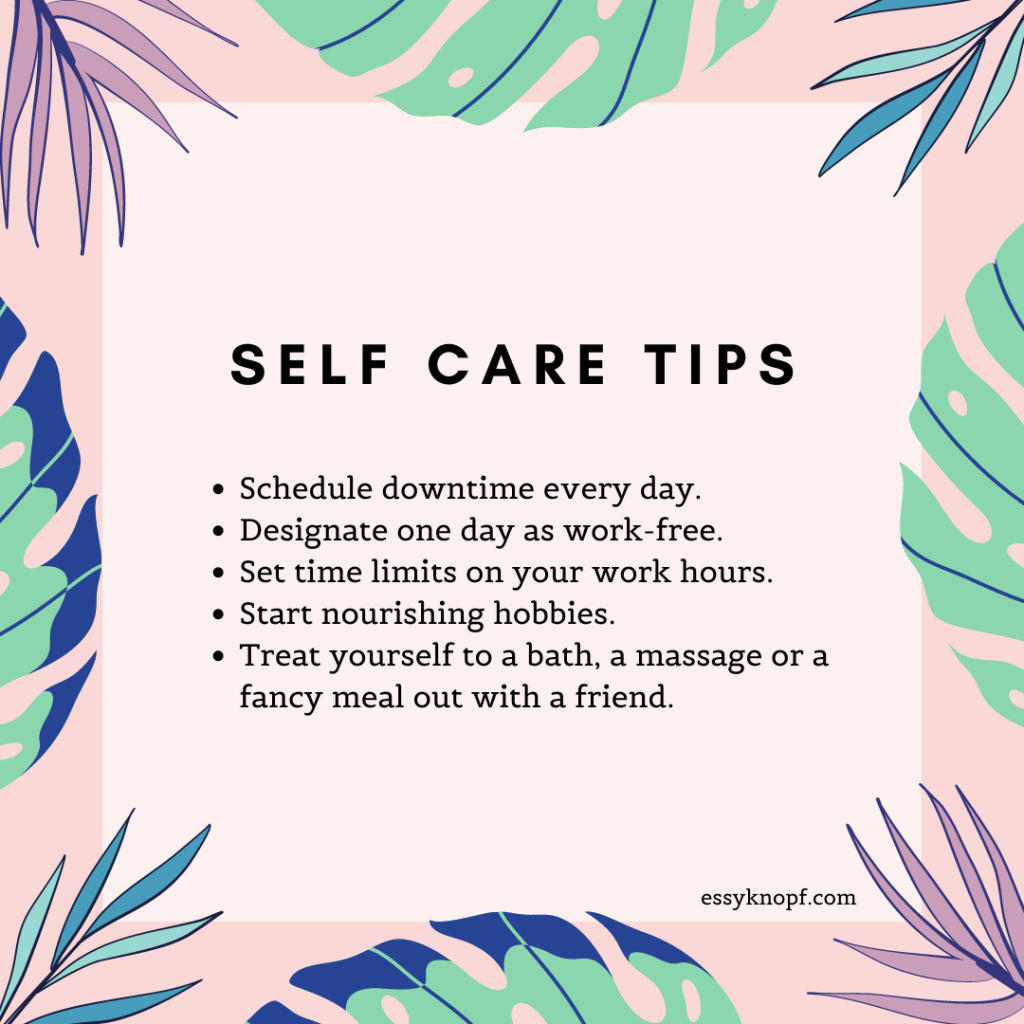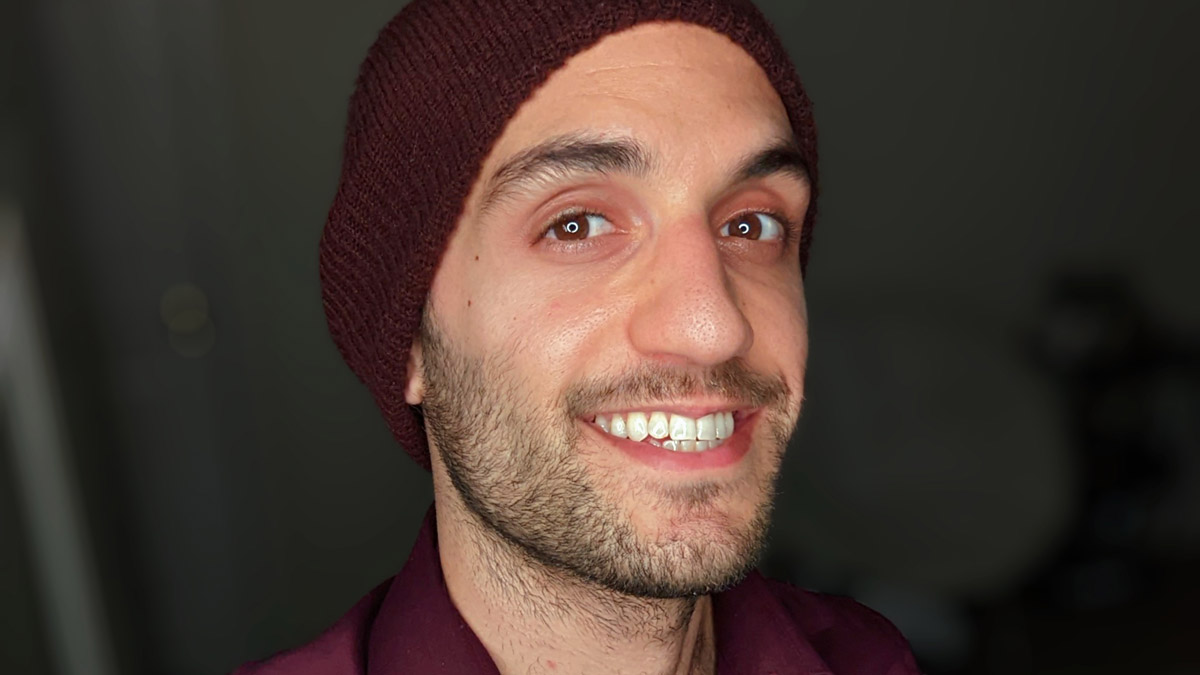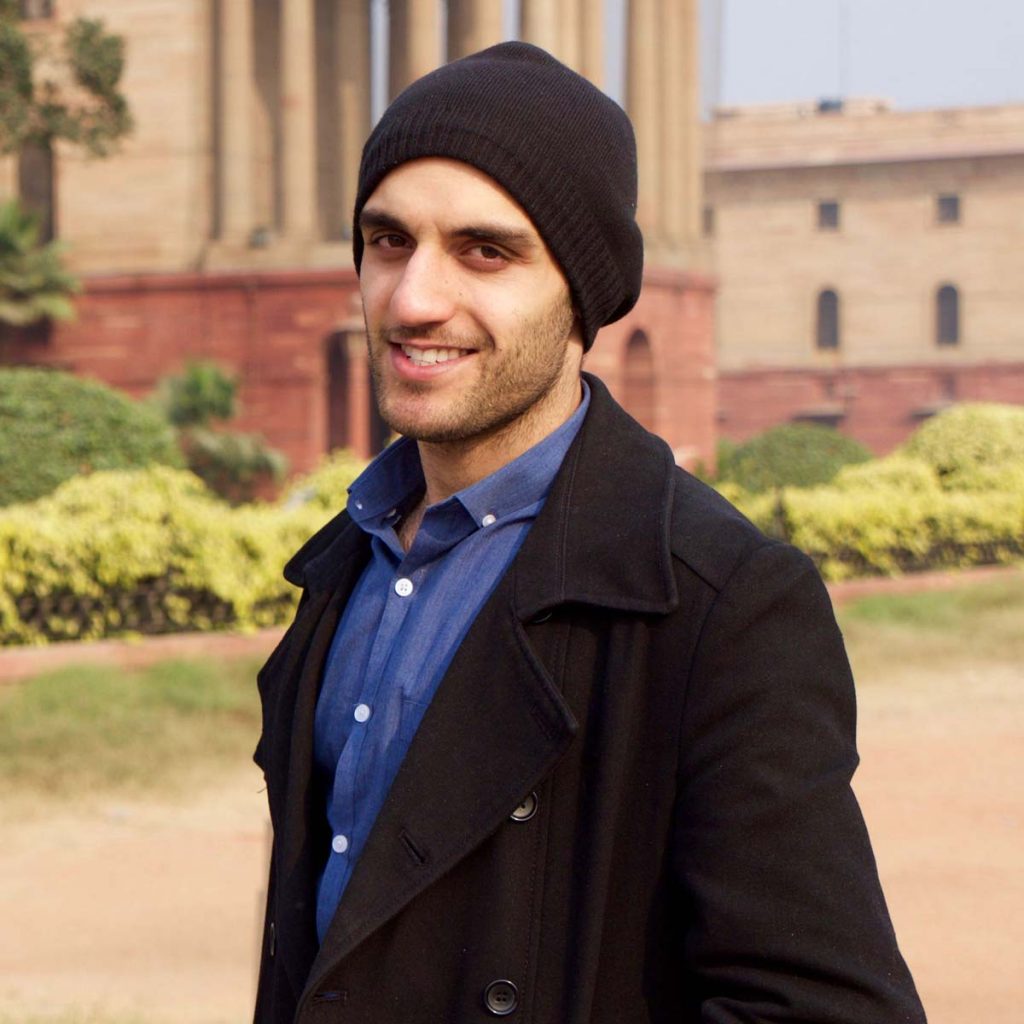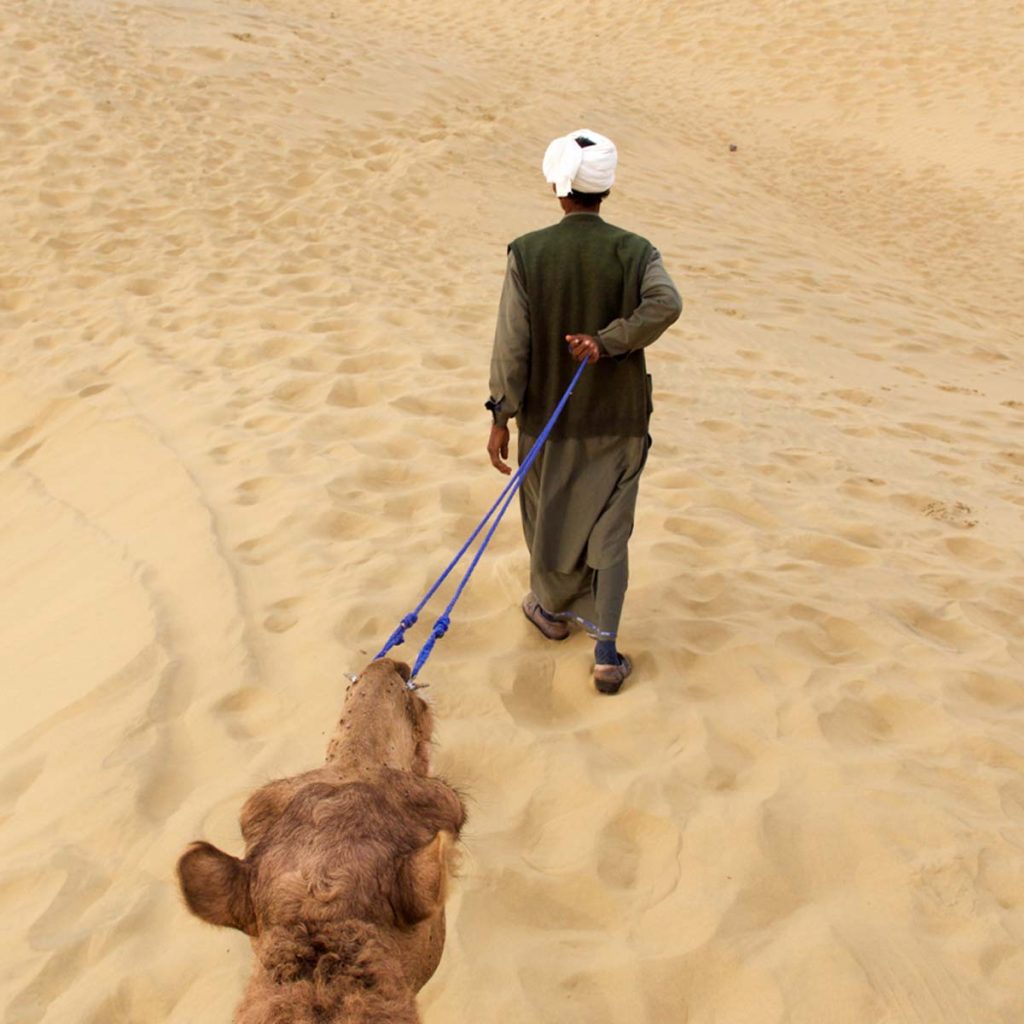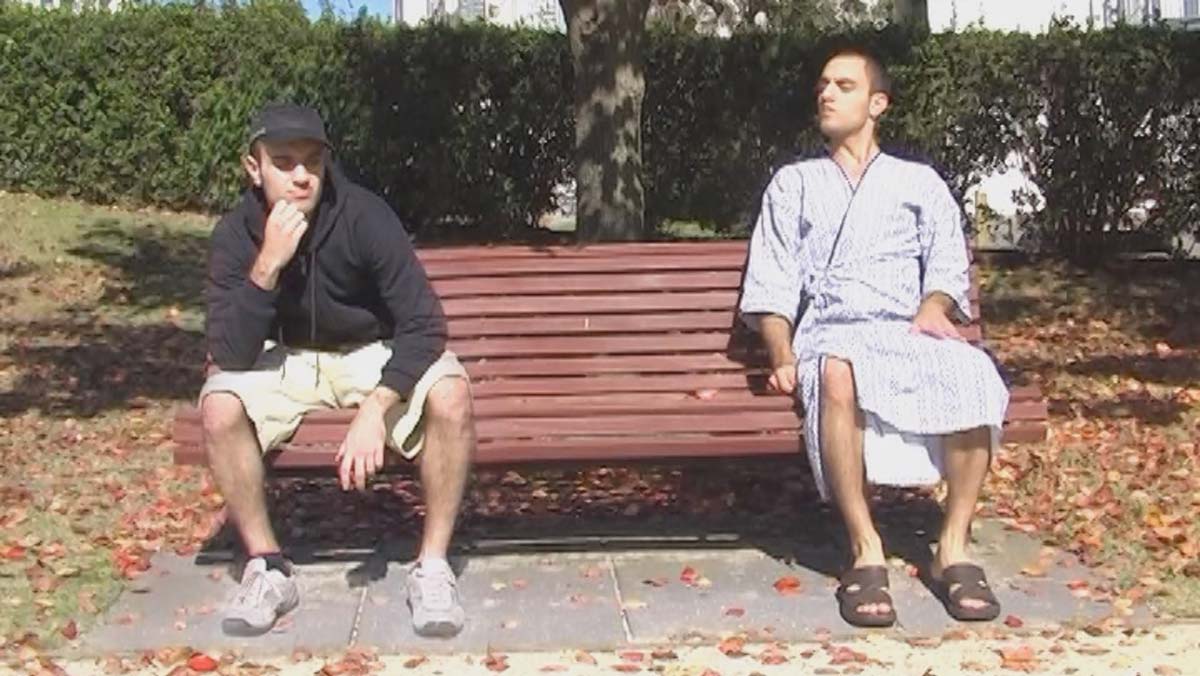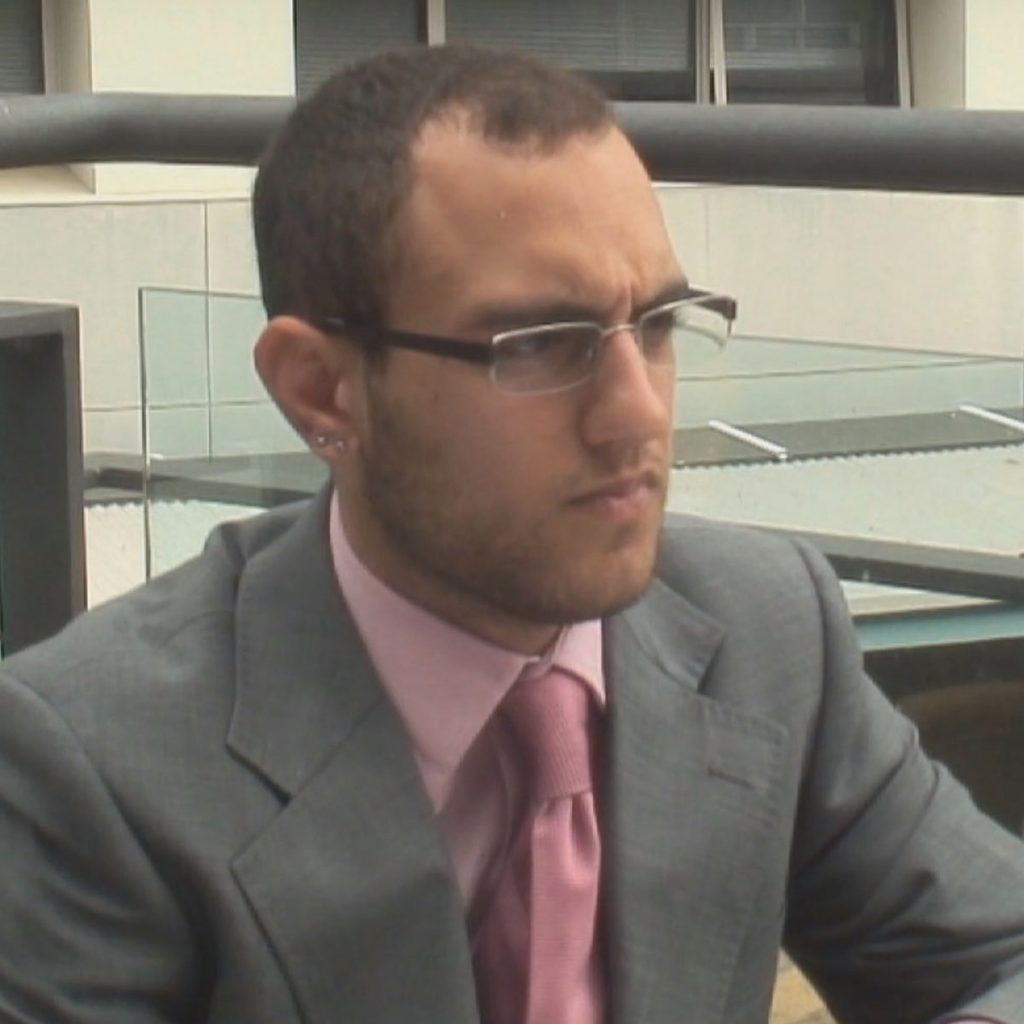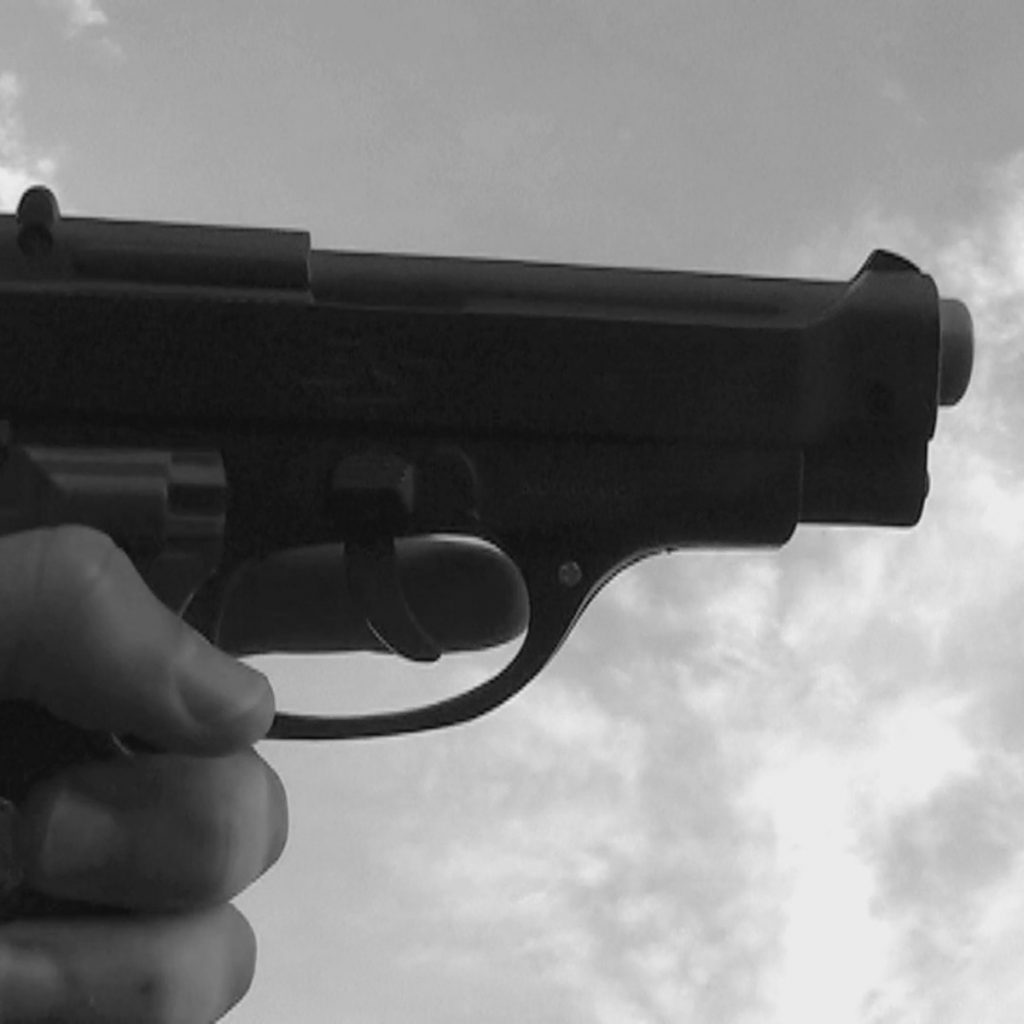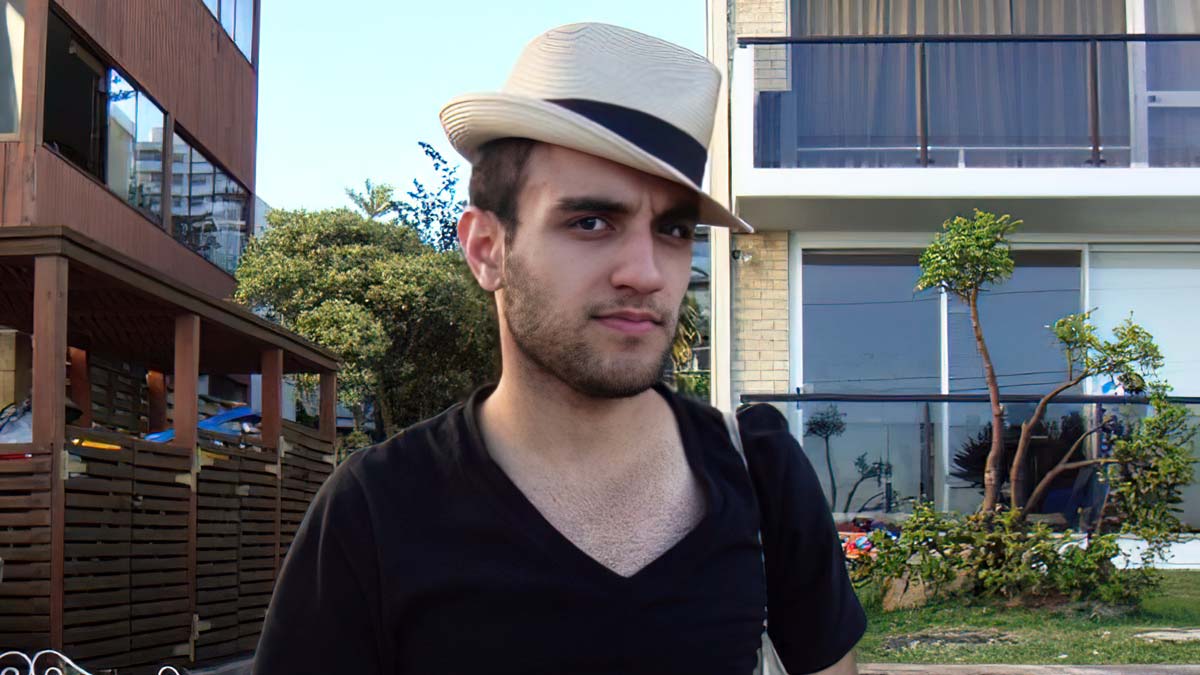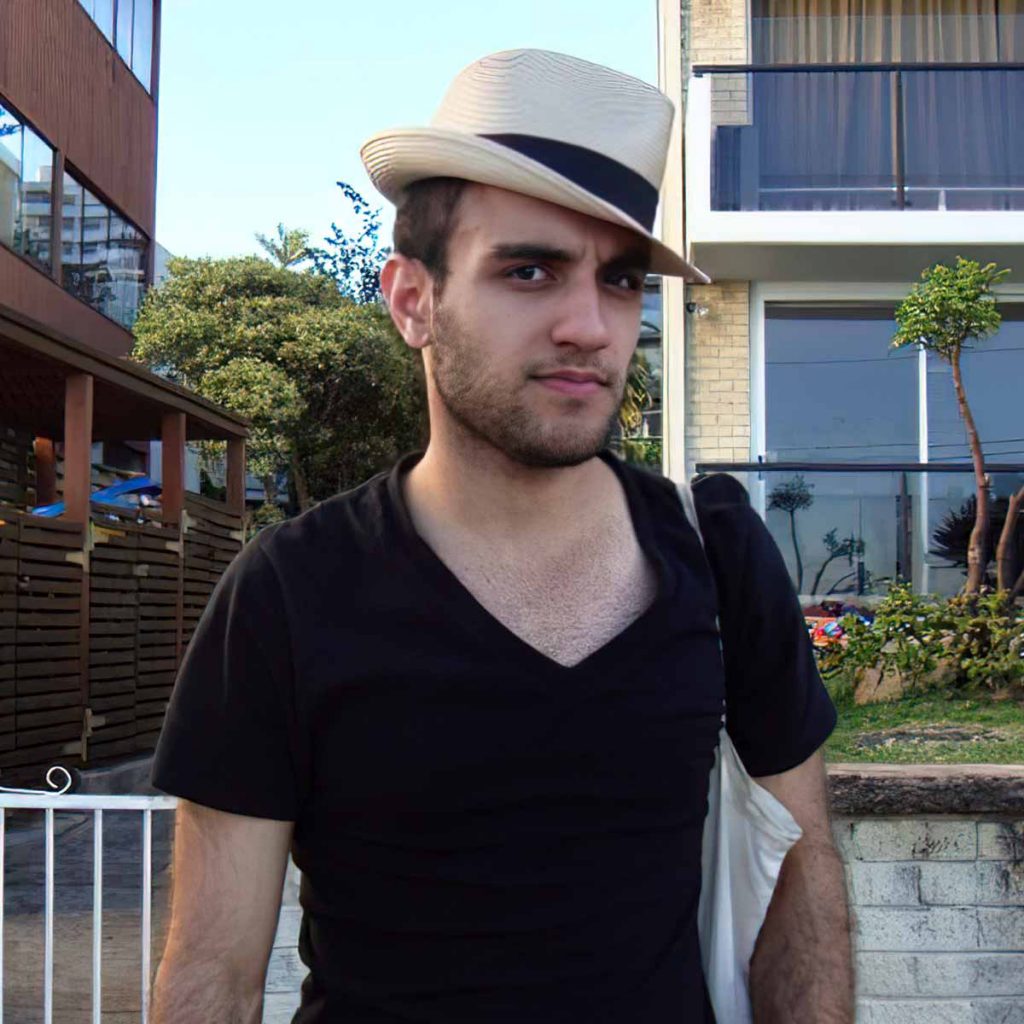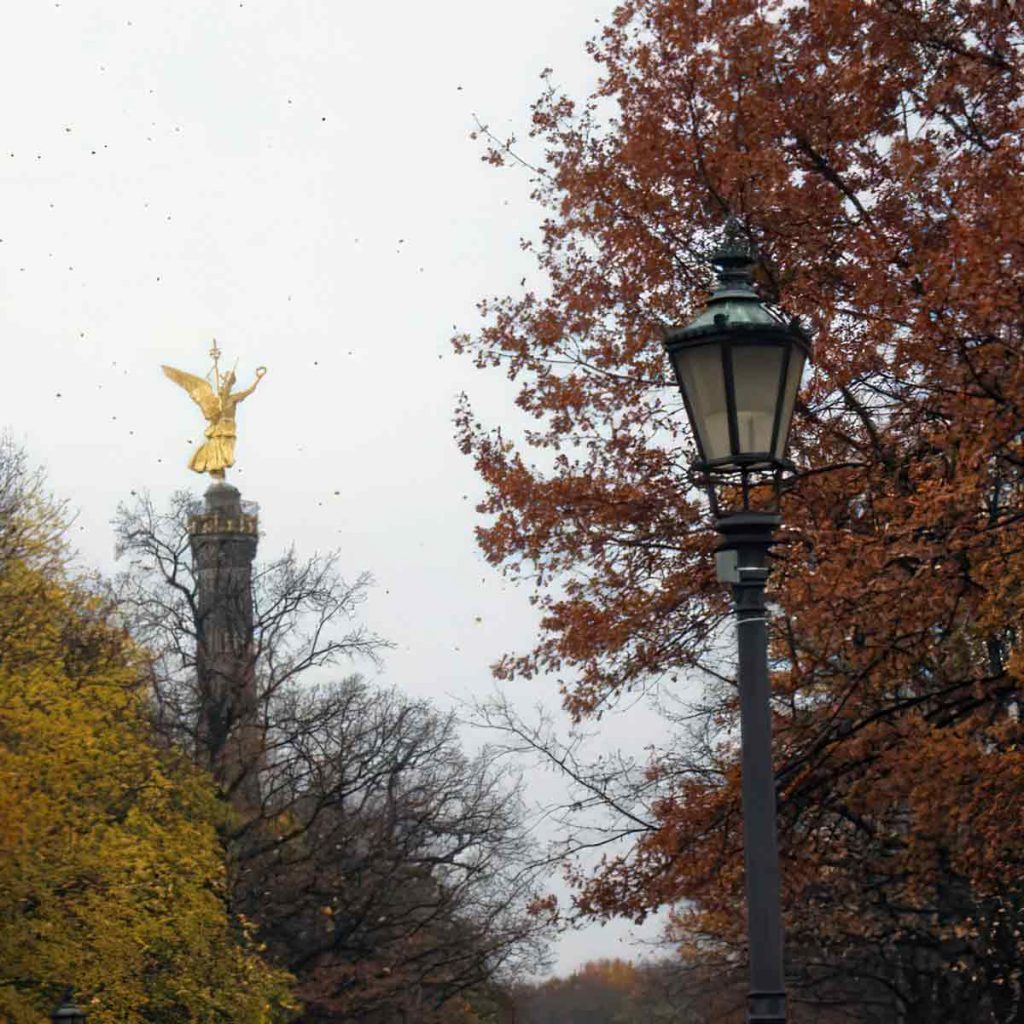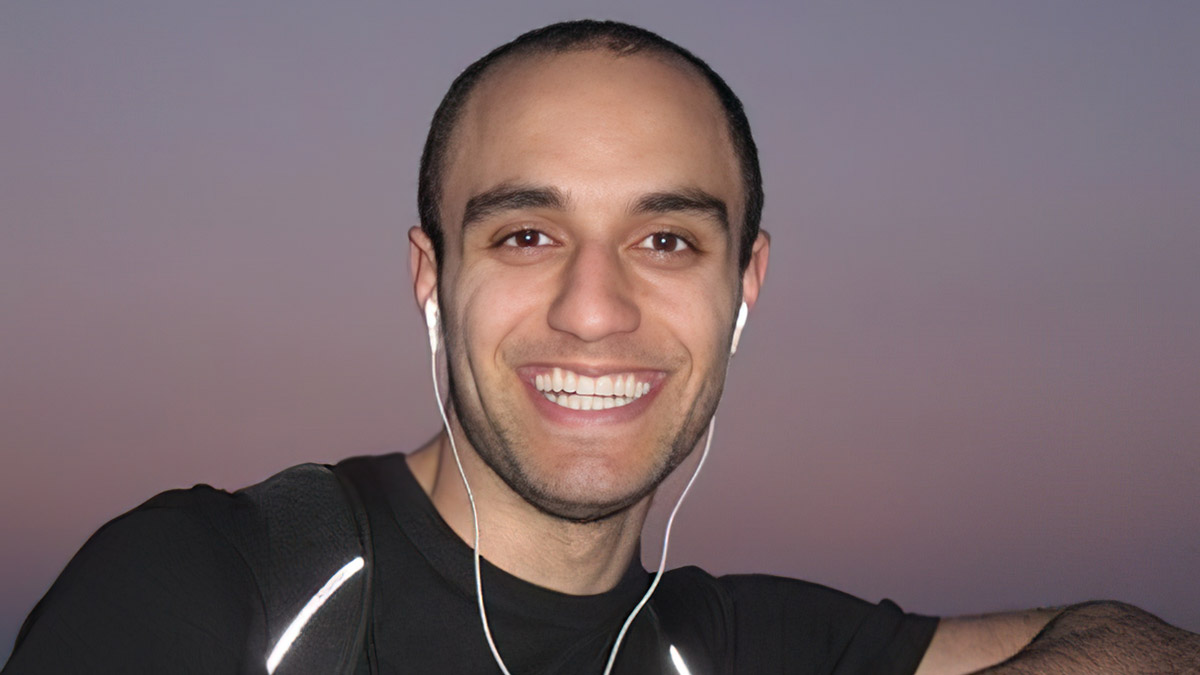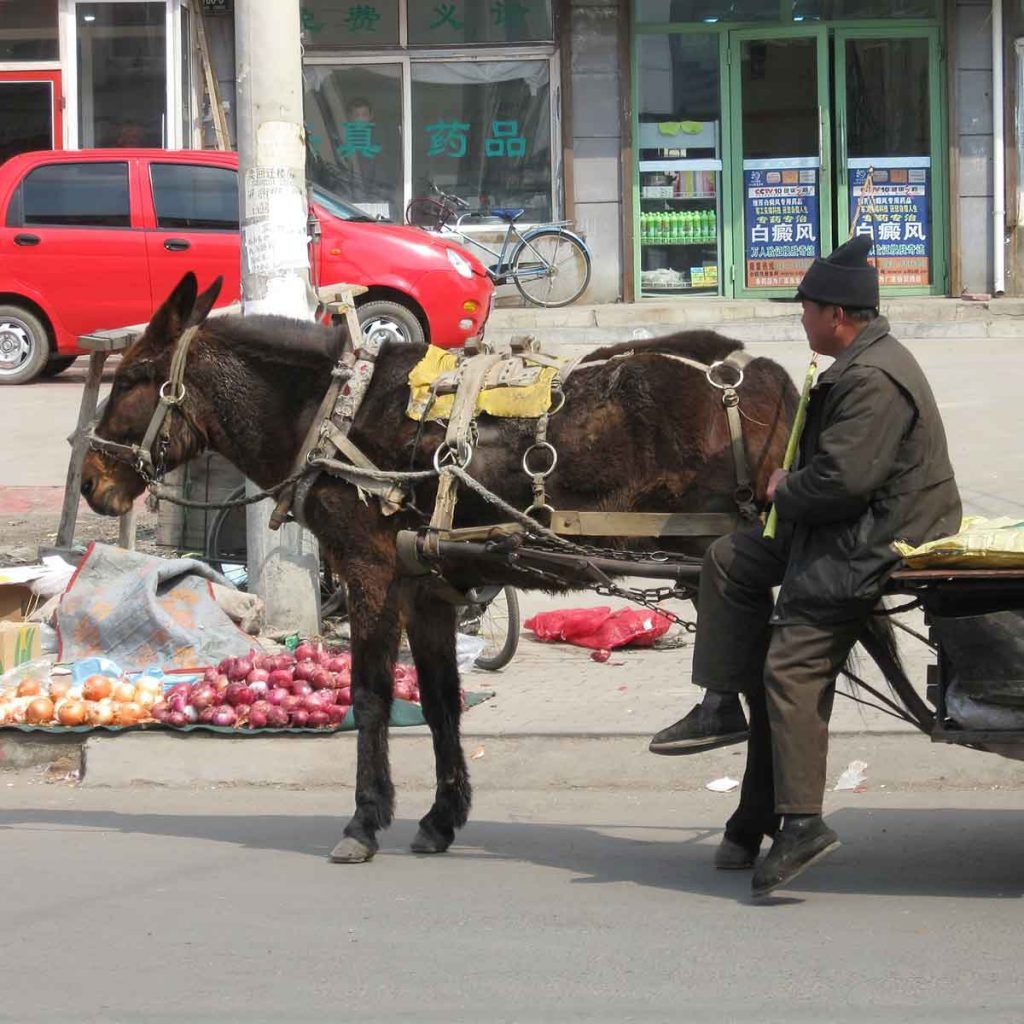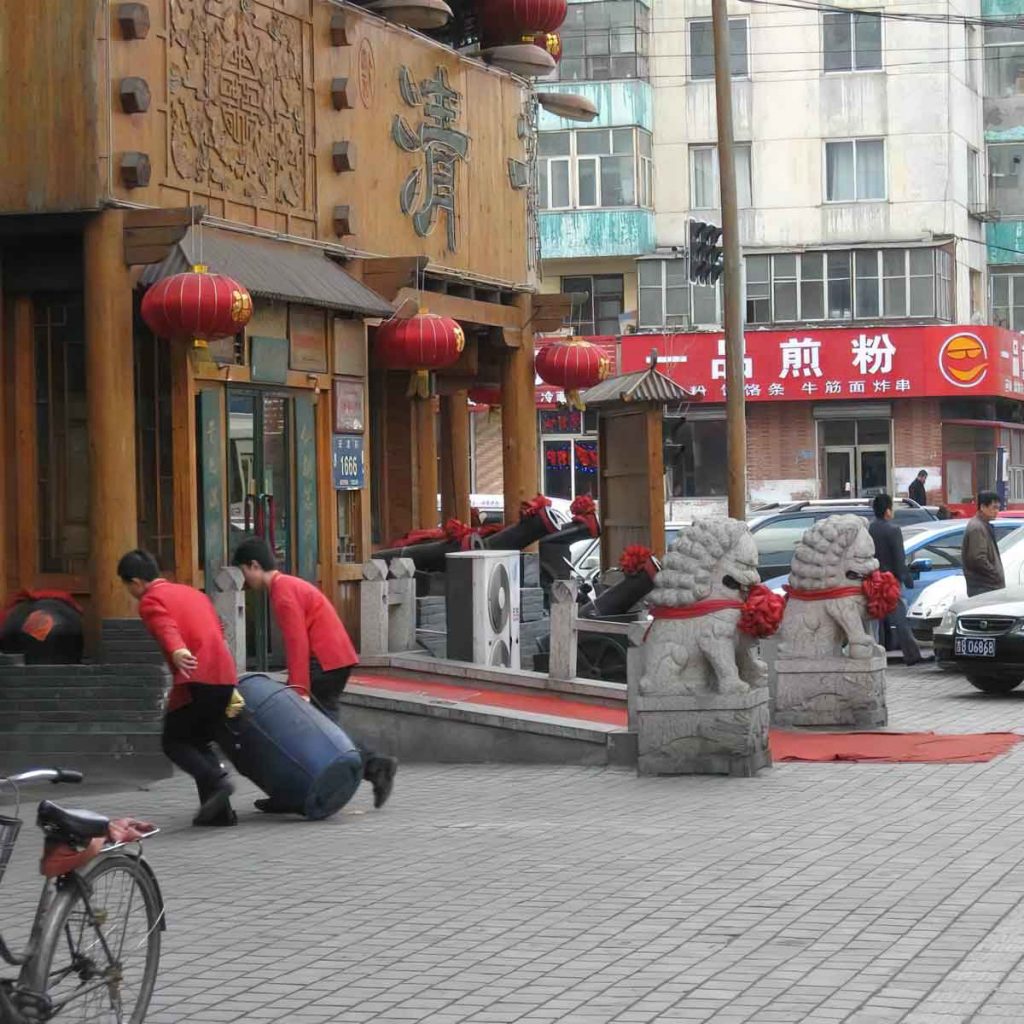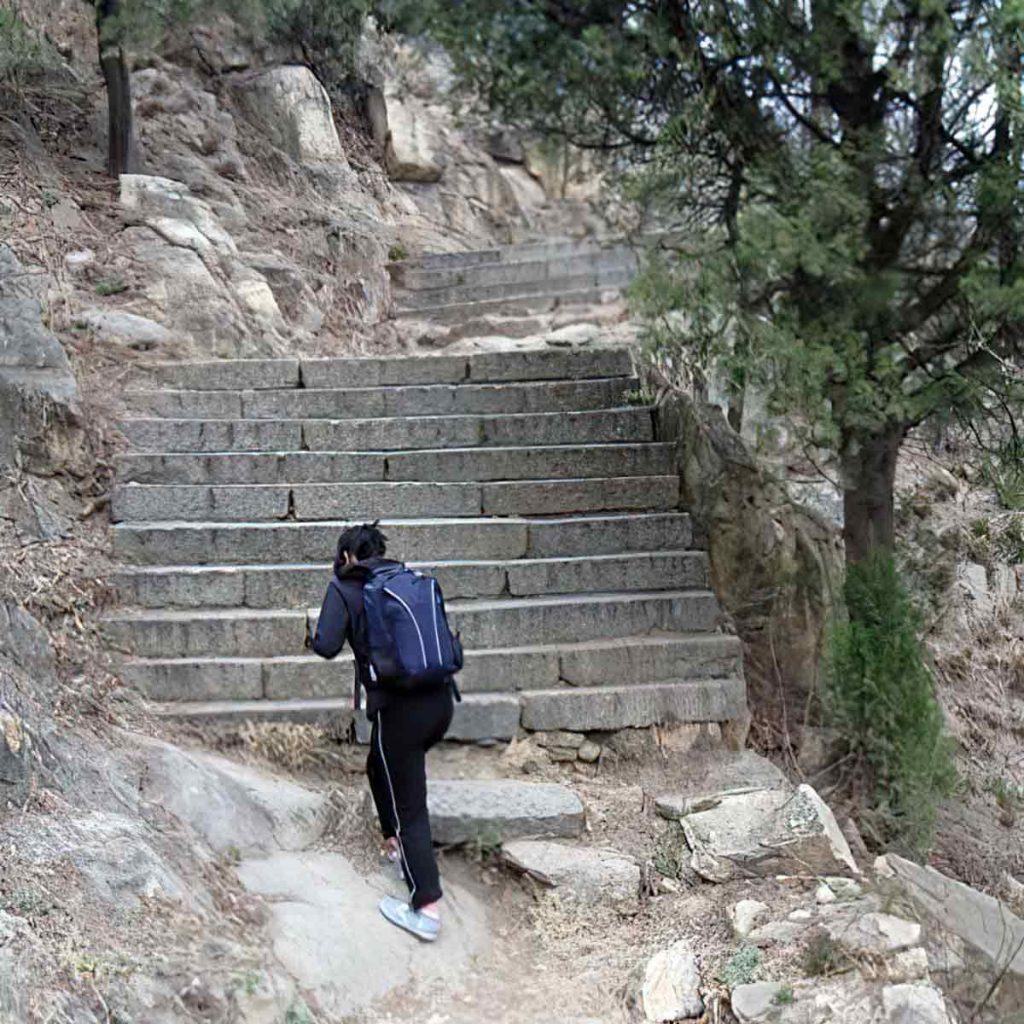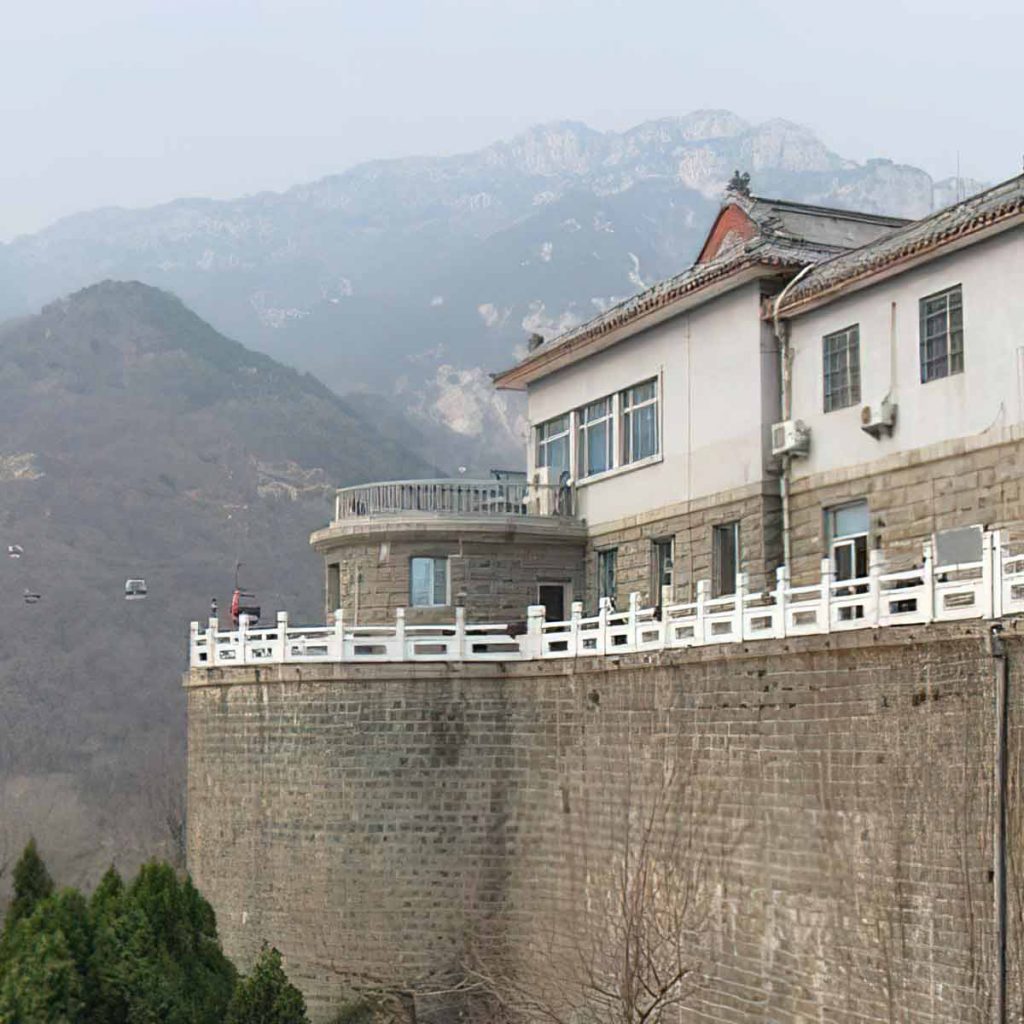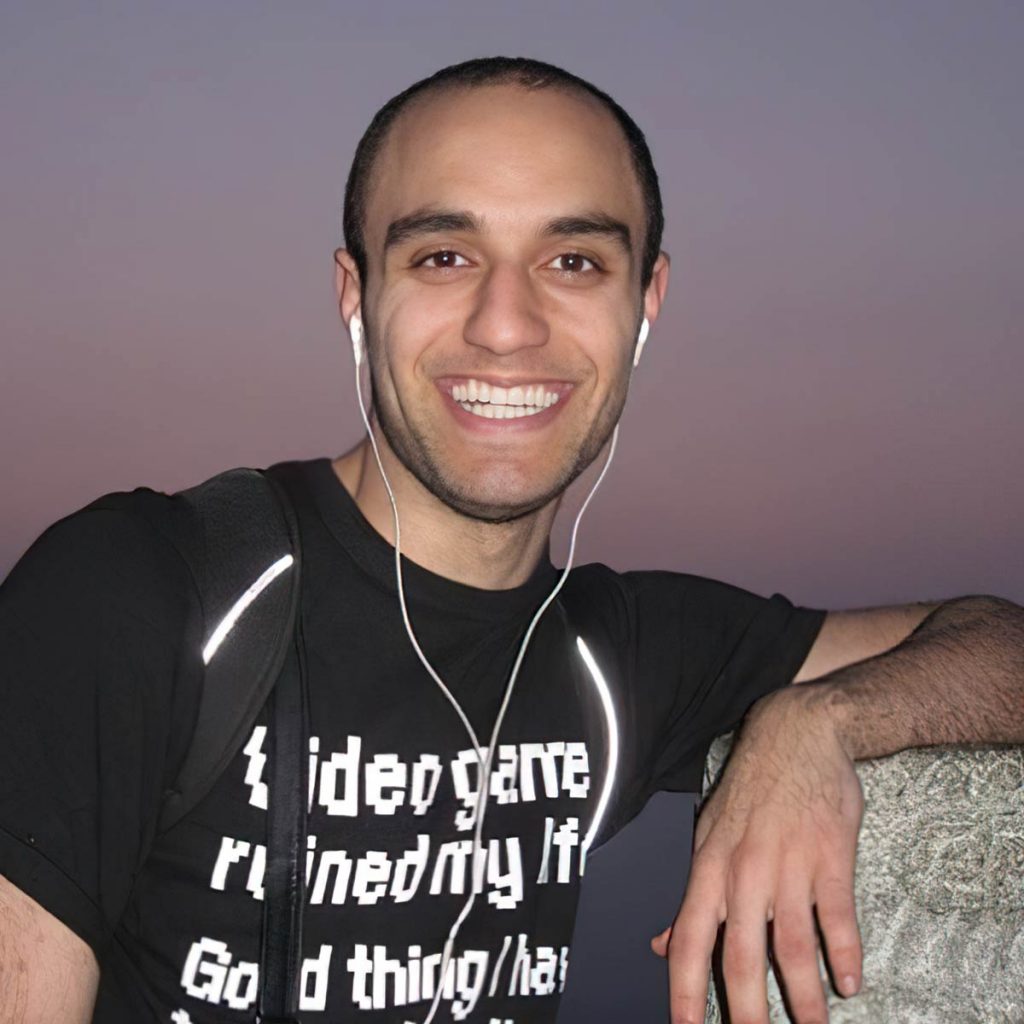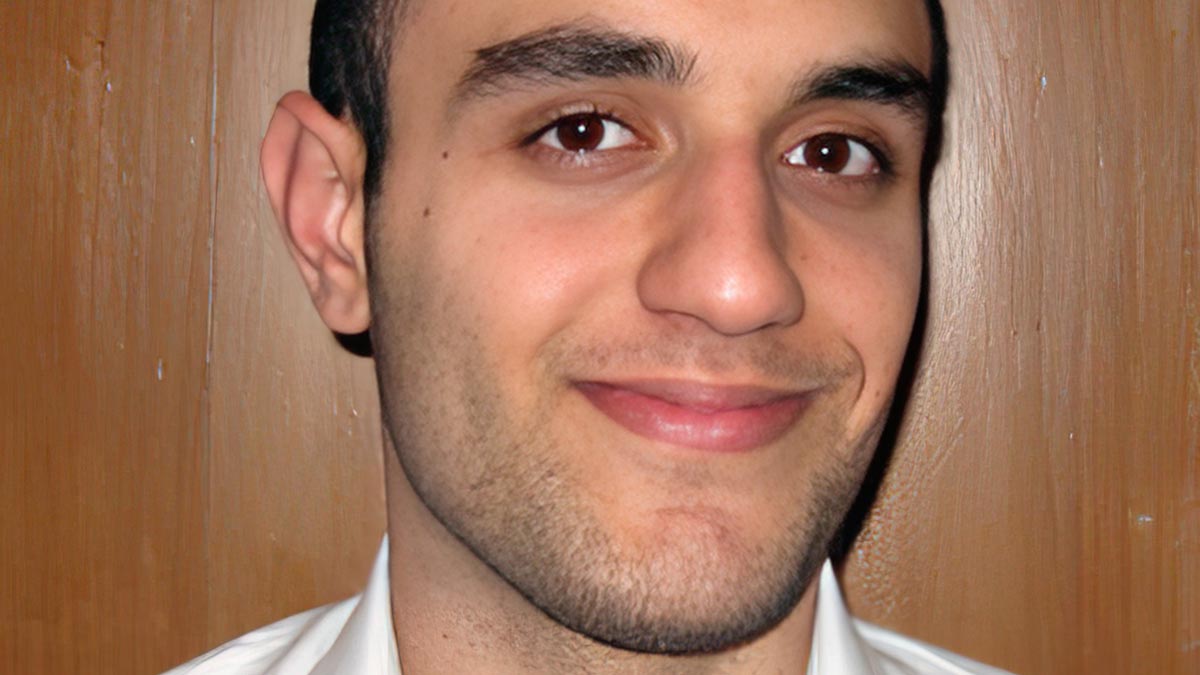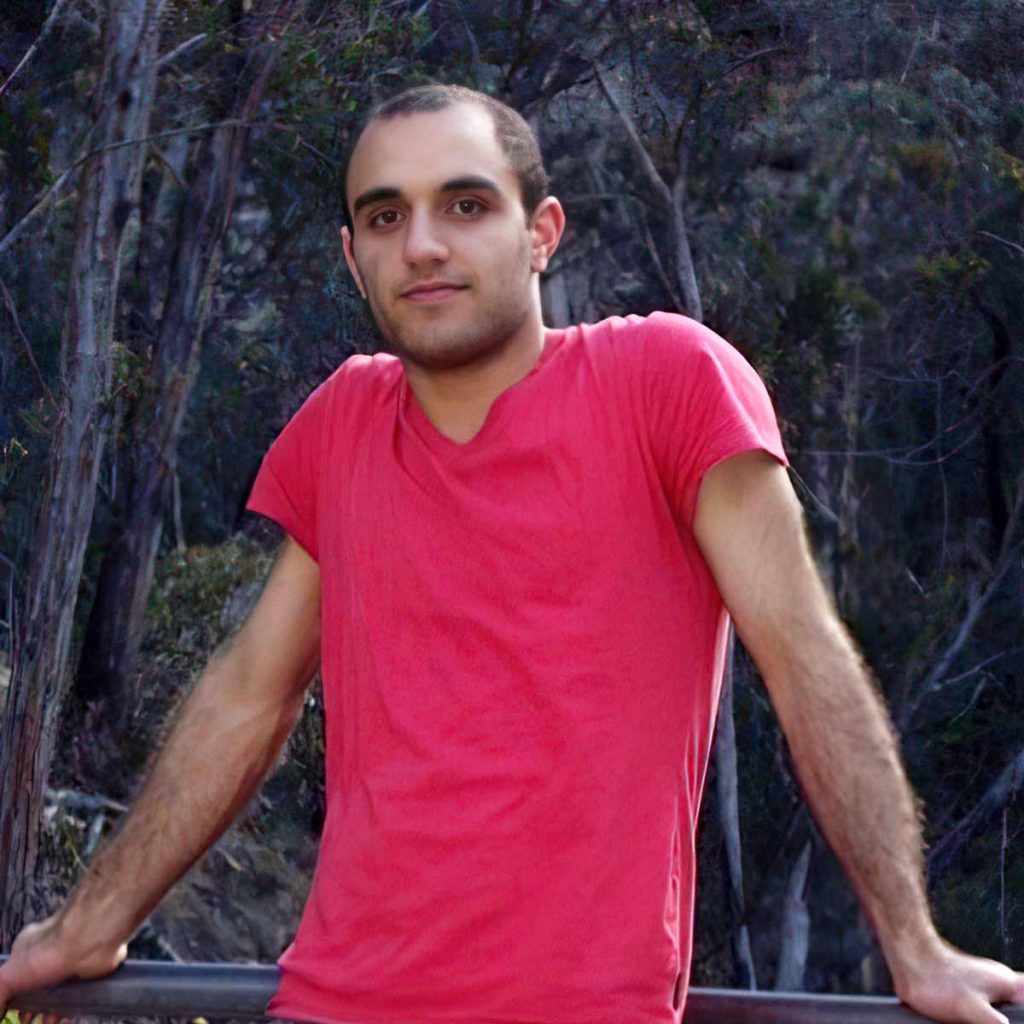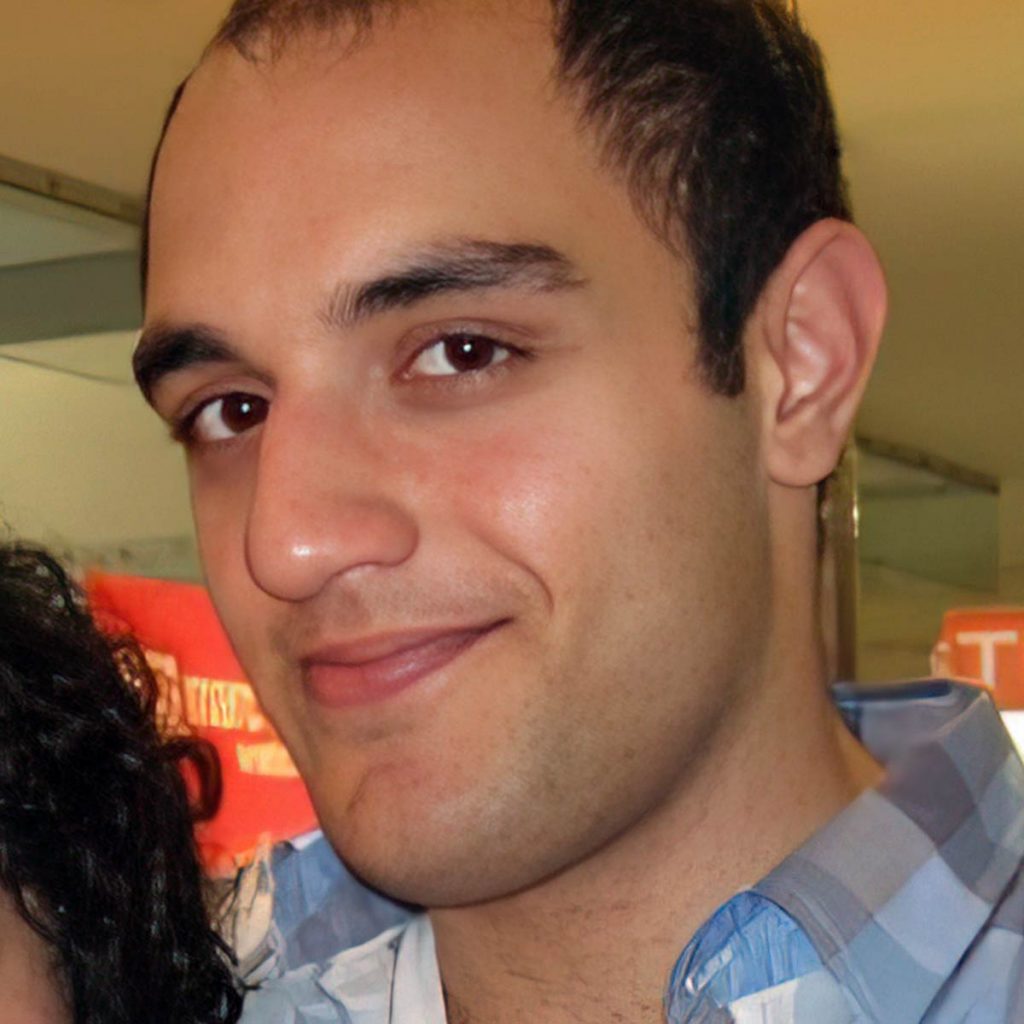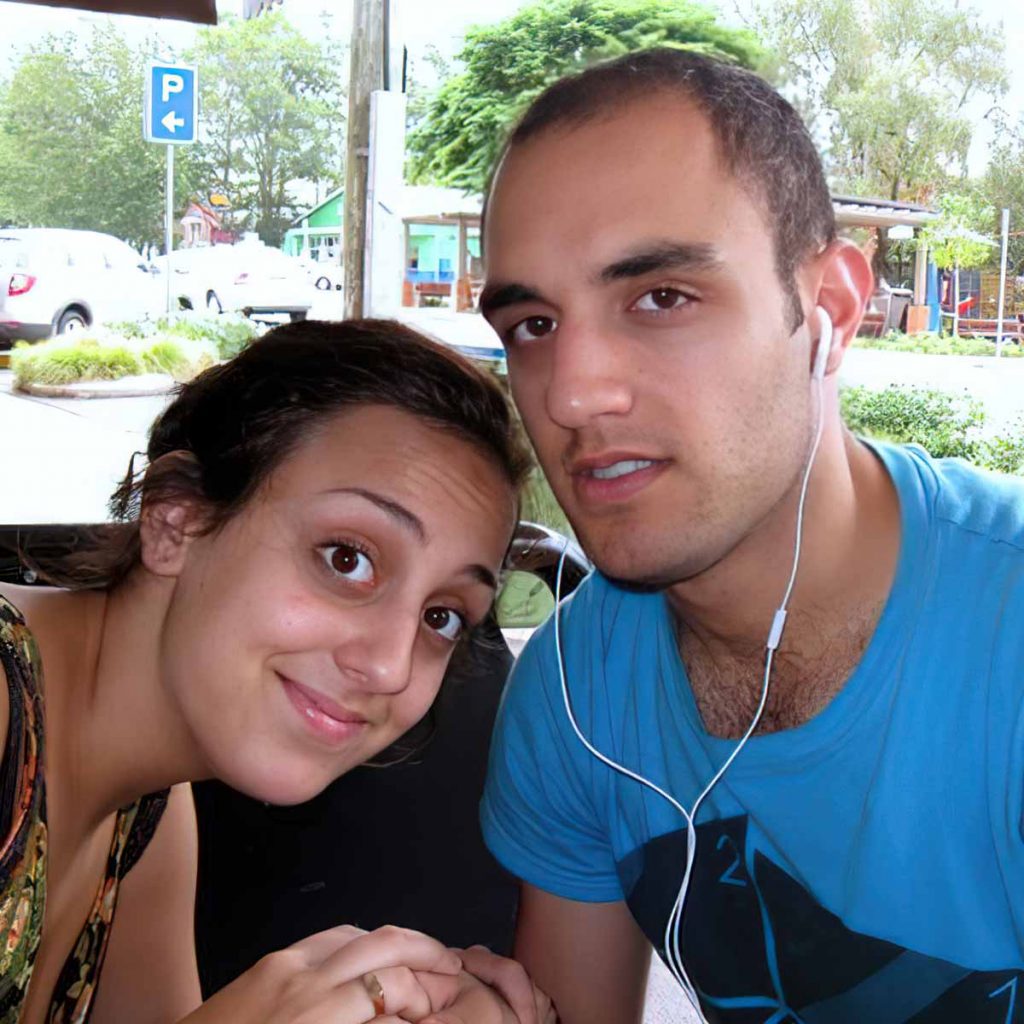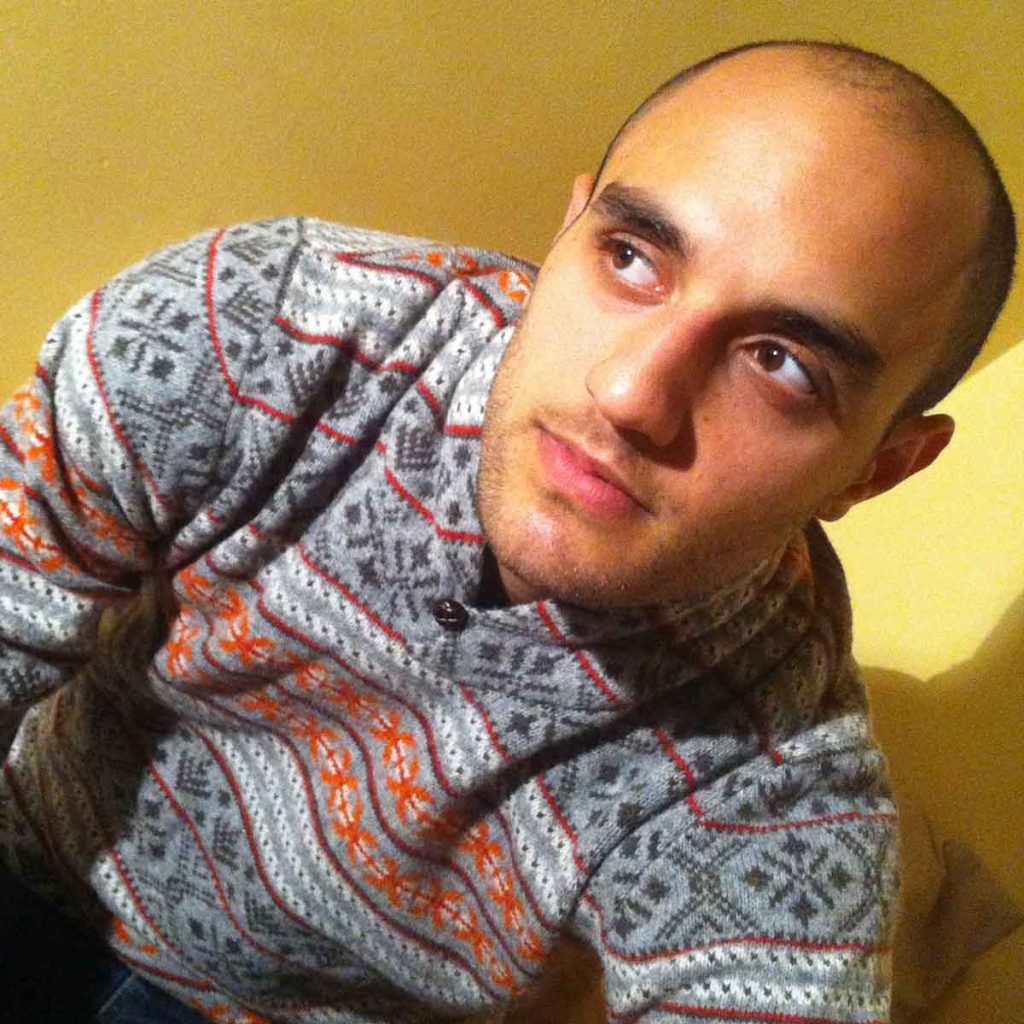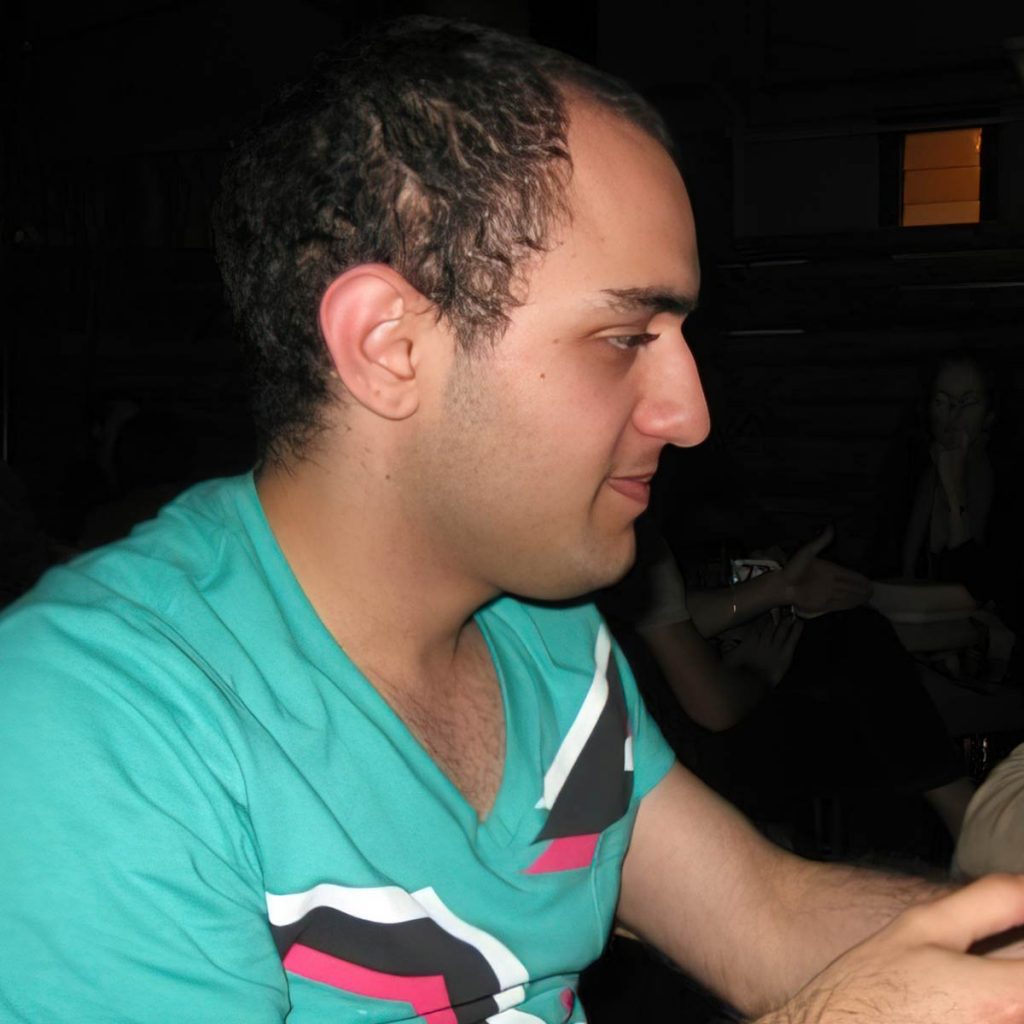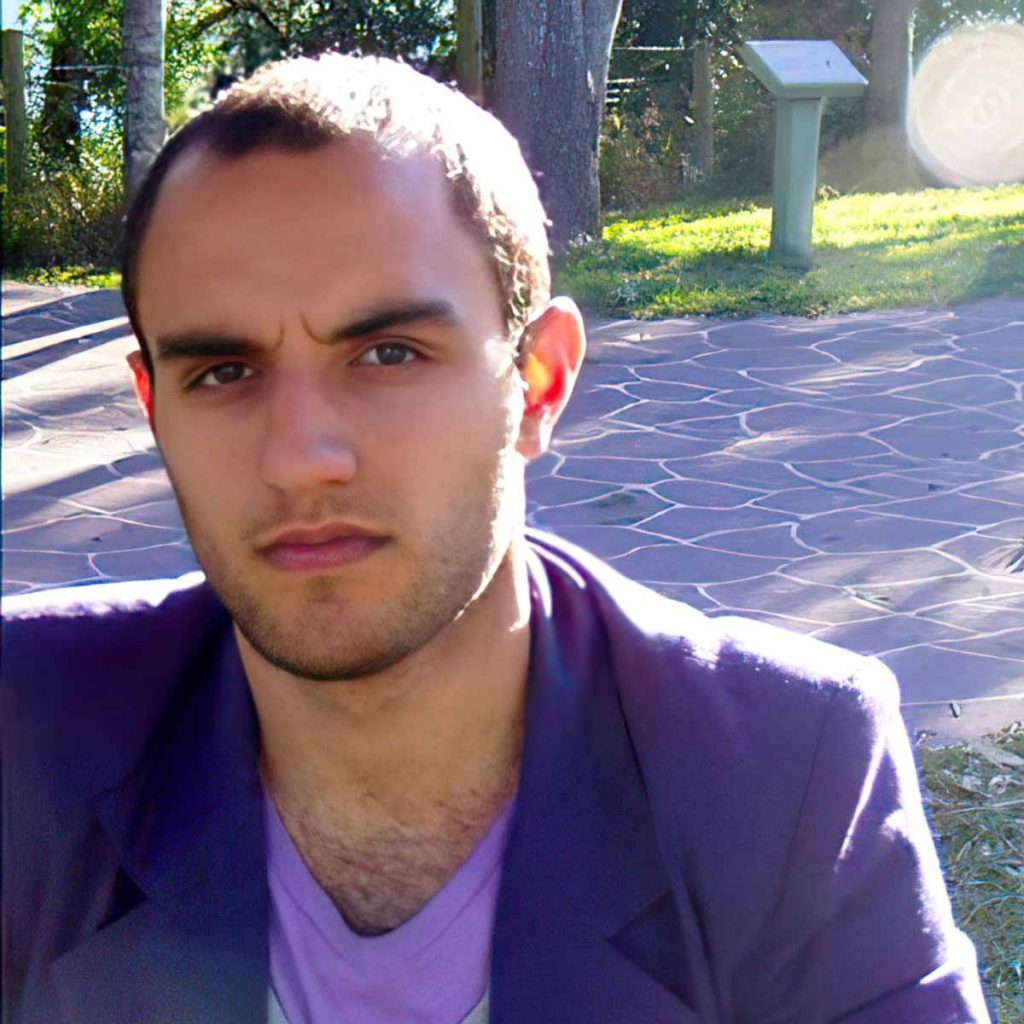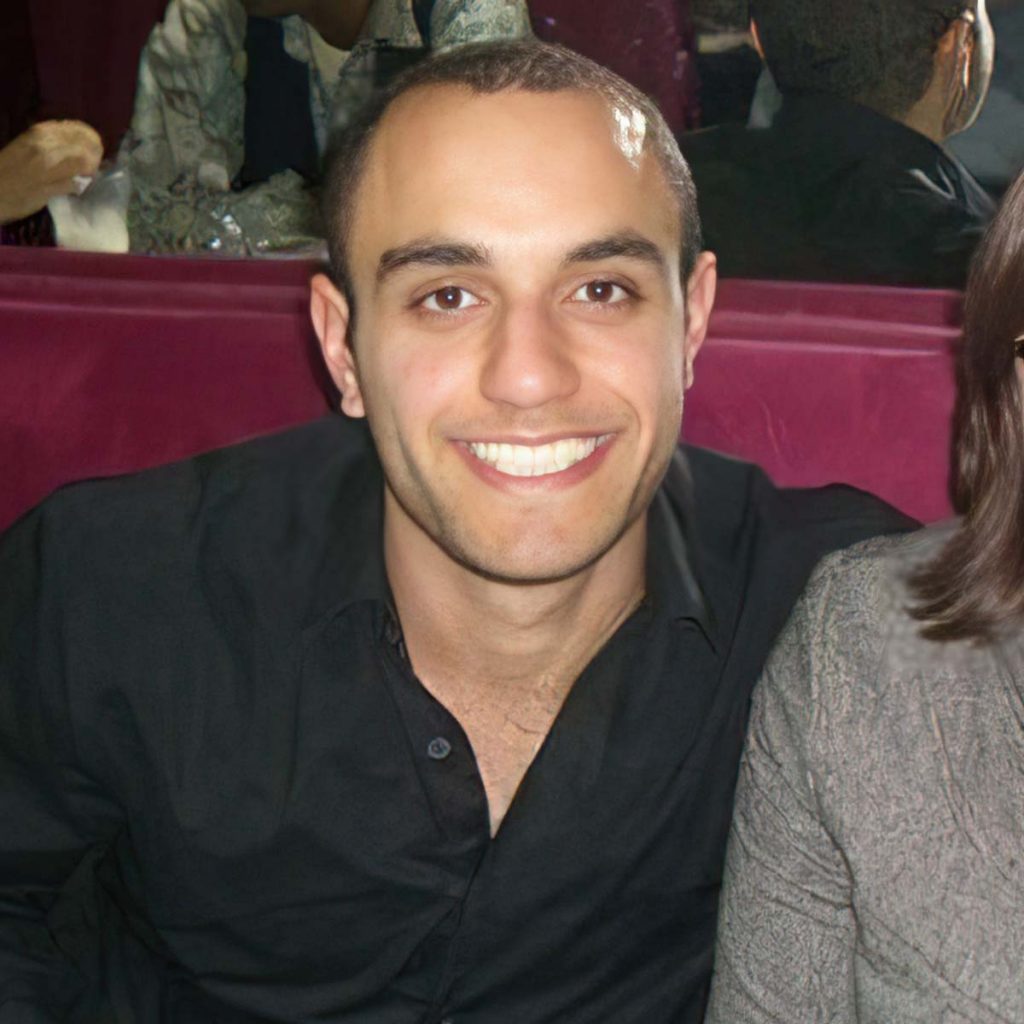Why gay men suffer from internalized homophobia
Even today, gay boys and men grow up facing the dual challenge of cultural homophobia and its byproduct: internalized homophobia.
The chance they will suffer from the latter is magnified when that homophobia plays out in the family home.
When I was 14, I remember a relative telling me that HIV/AIDS was the result of “gay men having sex with monkeys”. Say what?
“Oh, but it’s true,” the relative insisted. “Scientists have proven it.”
Today, such a claim could be easily disproved with a quick Google search. And while confusing being gay with bestiality might have been laughable, the statement had carried a hateful subtext.
What this relative was really saying was that gay men were despicable sexual deviants.
That same message was conveyed in countless other situations. Once while visiting a friend of my father’s, I was forced to listen to him rant about a male flight attendant he’d noticed wearing makeup.
“He’s just a f****t,” the friend said, as if this explained everything. “I found it nauseating”.
These comments left me burning with anger. Any passionate defense I mustered would, of course, have outed me, and meant enduring the disdain not only of this homophobe but my father as well.
In high school, a girl I had considered a friend complained to the entire class about seeing a news segment about the annual Sydney Gay and Lesbian Mardi Gras parade.
“Why do gay people have to shove it in our faces?” she said. “It’s disgusting.” Never mind the fact she herself had chosen to watch the segment.
Our teacher had simpered in agreement. Then—in a tone that was meant to convey tolerance—he stated that while he personally had no problem with gay people, he believed they should “keep their sexuality to themselves”.
Which is precisely what I did. With these kinds of comments being thrown about, there was zero chance I would be telling anyone about my sexuality any time soon.
It is no surprise then, that in this kind of hostile climate that we as gay men feel compelled to live lives of subterfuge.
The source of internalized homophobia
The same year I was told gay people should “keep their sexuality to themselves”, I undertook a job bagging groceries at a local chain store.
The store was occasionally visited by a rail-thin man wearing a goatee and garish gold jewelry, who had a tendency to mix and match his clothes: a tie-dyed shirt with cow-print pajama pants, a bucket cap with mandals.
I guessed by his mincing movements that he must be gay, a fact that left me puzzled. Every gay boy and man knew that flamboyant behavior invariably drew negative attention. Was this fellow trying to paint a target on his own back?
It is only with hindsight now that I realize this stranger’s campness was not necessarily an act of showy defiance but self-acceptance. The problem wasn’t his embrace of femininity, but the fact that I was uncomfortable with it.
Femininity, after all, was a quality I had long learned to disguise as a matter of survival.
Yet in accepting that my safety depended upon my ability to conform and “pass” as someone straight, I had unwittingly internalized homophobia.
The low down on gay men and femininity
Gay men face marginalization and persecution often because we tend to behave in non-heteronormative ways, which in turn enable others to identify our sexuality and use it as a basis for exclusion.
Gay men are typically portrayed in the media as being more feminine and are commonly labeled “sissies” and “pansies”.
But is there any truth to the claim that men are more feminine than their heterosexual counterparts?
In Gay, Straight and the Reason Why, author Simon LeVay reveals that gay people do indeed tend to be “gender-atypical” when it comes to certain “gendered” traits.
What traits exactly are gendered? According to LeVay:
In the area of personality, men rank higher than women on measures of assertiveness, competitiveness, aggressiveness, and independence… Women rank higher than men on measures of expressiveness, sociability, empathy, openness to feelings, altruism, and neuroticism… Men prefer thing-oriented activities and occupations (e.g. carpenter), whereas women prefer people-oriented activities and occupations (e.g. social worker). Women have better-developed aesthetic interests and less-developed technological interests than men.
As a group, gay men tend for example to score higher than straight men on tests measuring empathy, aesthetic interests, and verbal fluency.
Studies have revealed gay men are less physically aggressive. They are also gender-shifted towards instrumentality, expressiveness, and people-oriented occupations. (Note here the use of “shift”, as opposed to “inverted”; that is, gay men as a group do not completely adopt typically feminine traits.)
According to an analysis of a survey conducted by the BBC in 2005, gay UK-based respondents on average perceived themselves to be more feminine. This finding is backed by a number of other studies.
The pressure to be masculine
In my earlier article on embracing our authentic gay identities, I shared author Terrence Real‘s claim that from boyhood males are expected to reach for the brass ring of masculinity.
This masculinity involves a form of self-reliance that asks us to cut ourselves off from our emotional selves, our mothers*, and the support of our communities.
Socialization teaches us to view emotional expressivity and vulnerability as feminine traits that must be avoided at all costs.
The prevailing definition of masculinity, of what it means to be a “successful man”, is one of self-reliance.
This self-reliance and independence are further promoted by widely adopted social beliefs such as rugged individualism: i.e. “I don’t need anyone’s help, I can do this all on my own”, or the practice of stoicism, which advocates keeping a “stiff upper lip” in the face of hardship.
Self-reliant masculinity is promoted by the archetypal male hero in movies and television, be it the hardboiled detective of crime fiction, the tough-as-nails gunslinger of Westerns, or the ironclad action hero.
These characters typically prove their merit through unflinching courage and physical prowess.
According to this definition, the opposite of self-reliance is weakness. When we exhibit “feminine”—that is, the gender-atypical—traits, we inadvertently signal to others that our masculinity is “defective”, thus inviting homophobic scorn and condemnation.
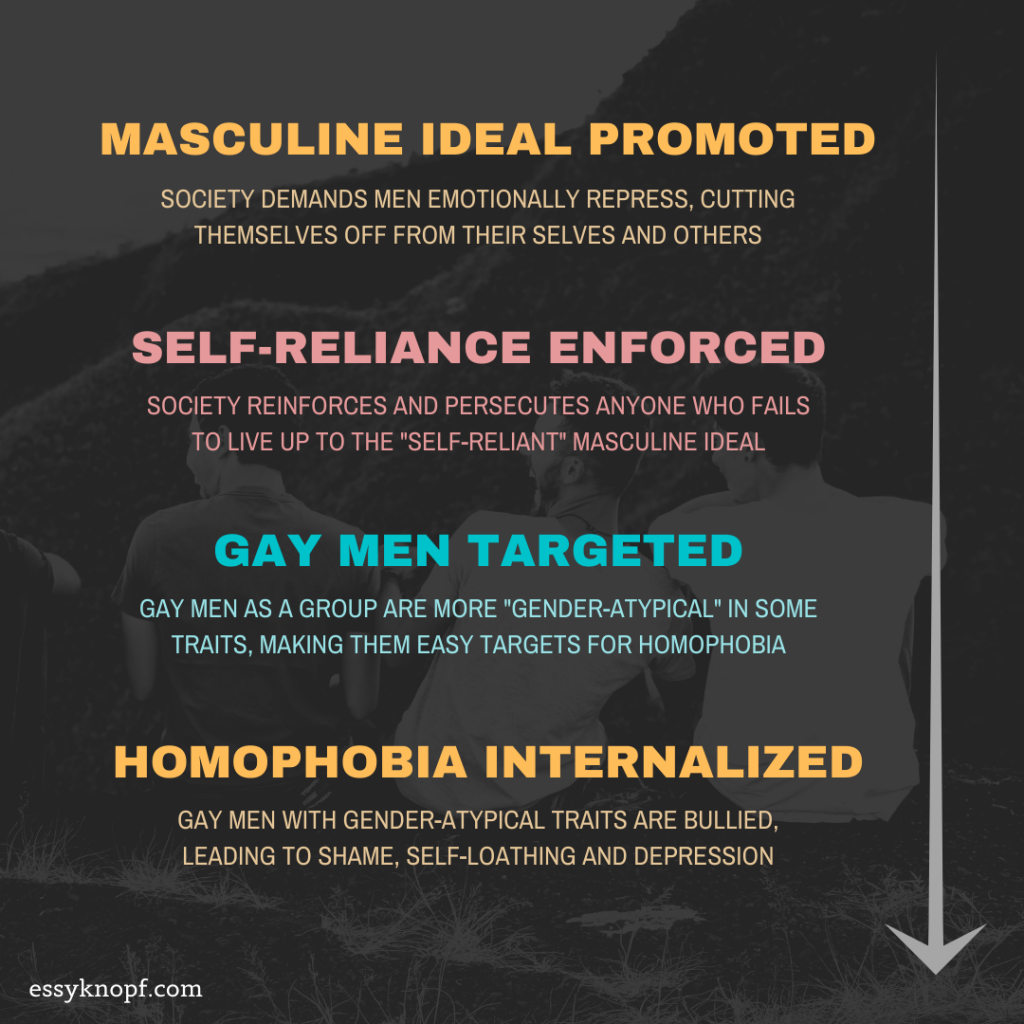
Double-barrelled shame
Gay men historically have received a double dose of hostility, on account not only of gender-atypical traits but of being seen as inherently flawed.
Being gay was once viewed as an act of rebellion against the laws of God, as per the Bible’s accounts of Sodom and Gomorrah. Gays were viewed as “perversions”, on par with the likes of pedophiles.
The advent of modern science saw being gay reclassified as a mental disorder, a label that would remain until 1973 under the order of the American Psychiatric Association.
The perception that we were untrustworthy and possibly dangerous, however, persisted.
Consider for example the “Lavender scare”, in which thousands of gay people were purged from US military services and intelligence agencies from the late 40s and into the 60s.
In 1953, President Eisenhower even signed an executive order banning gay men from employment by the US government and its private contractors.
Suspicion towards gay men endured even from 1981 onwards, with the advent of what was initially called the “gay disease”, “gay cancer”, “gay plague” or “gay-related immune deficiency”.
Later retitled HIV/AIDS, the resulting epidemic triggered a moral panic that fueled further discrimination towards and ostracism of gay people.
The impact on gay men
The negative light in which we as a group are regarded and the emotional repression demanded of us places significant strain upon our mental health.
Given we naturally tend towards empathy and expressiveness, I would argue this strain is greater than that faced by heterosexual men.
In the face of social pressure to emulate ideals of “manliness”, and the dismissal, ridicule, and physical harm we may face when we defy them, many of us find ourselves falling in line.
We do this by taking on the loathing others harbor for our authentic selves, altering our self-presentation along the lines of the masculine ideal.
That is, we learn to conceal our more evident “feminine” traits, including our interest in other men. Some of us may even avoid all possibility of judgment by eschewing the company of heterosexuals and moving to live in a gay village.
But the inauthentic shell which we don as a matter of necessity may become a new comfortable norm. Self-loathing will likely leave us crippled by ongoing covert depression.
Unable to tolerate our vulnerability, we find ourselves in turn unable to tolerate it in others. We adopt judgmentalism, rejecting other gay men as we ourselves were once rejected.
Gay bars, clubs, and dating apps are rife with this kind of behavior, which in many cases is an expression of internalized homophobia. Consider, for example, those who write “no femmes” on their dating profiles, or demand a highly specific “masc” type or muscular physique in their partners.
While not as dramatic as a closeted man cruising a gay nightclub and attacking someone for making a pass at him, this is a latent form of internalized homophobia. It is characterized by an emotional repression so painful that many sufferers find themselves seeking refuge in grandiosity or addictive behaviors.
The irony of this repression and its byproducts is that they only further our existing sense of isolation, creating conditions ripe for more depression.
The cure to internalized homophobia
In order to overcome self-loathing, we must first acknowledge how we have suffered by turning away from our authentic selves.
To break the hold internalized homophobia has on our lives, we must learn to accept and embrace all facets of our identity—without fear of reprisal.
For some of us, this may involve an outward exhibition of our more feminine traits. We may choose, like the goateed stranger of my teenagehood, to wear whatever we want and to act in the way that feels most natural to us.
Or we may simply seek to reconnect with and express our emotions; to let down our guards and create conditions in which others can do the same.
It is through such shared vulnerability that I believe we can ultimately achieve true healing, not just as individuals, but also as a community.
Takeaways
- Being gay historically was seen to be a perversion or illness.
- Gays as a group show some “gender-atypical” personality traits.
- One is the typically “feminine” trait of emotional expressiveness.
- Expressive gay boys and men thus face double the stigma.
- Survival requires hiding our authentic emotional selves.
- The result is depression and judgmentalism.
- If we are to heal, we must restore emotional authenticity.
* I acknowledge that disconnection from one’s mother may not apply to all men, for example in the case of being raised by a male caregiver, or gay parents.
Essy Knopf is a therapist who likes to explore what it means to be neurodivergent and queer. Subscribe to get all new posts sent directly to your inbox.


